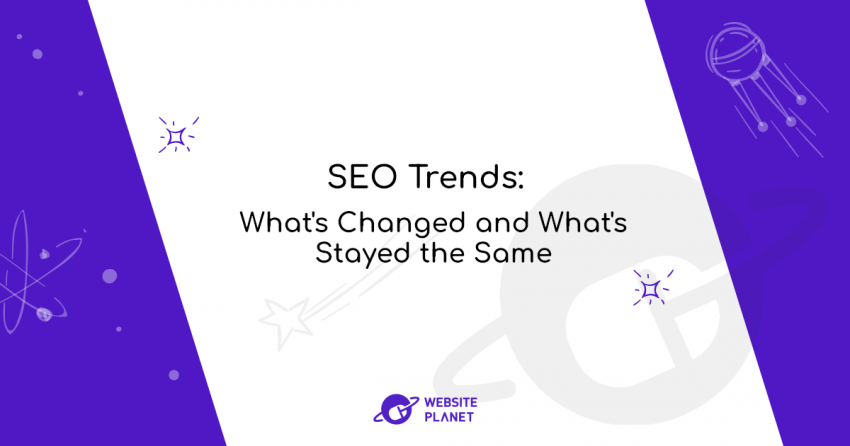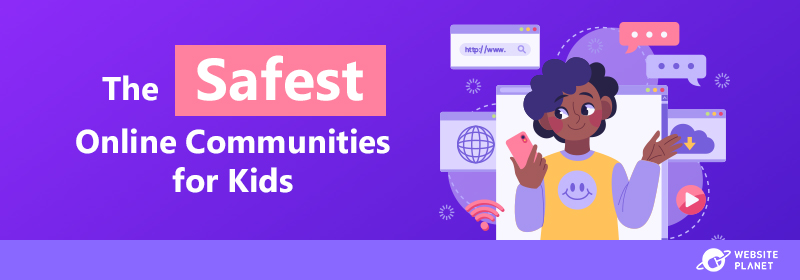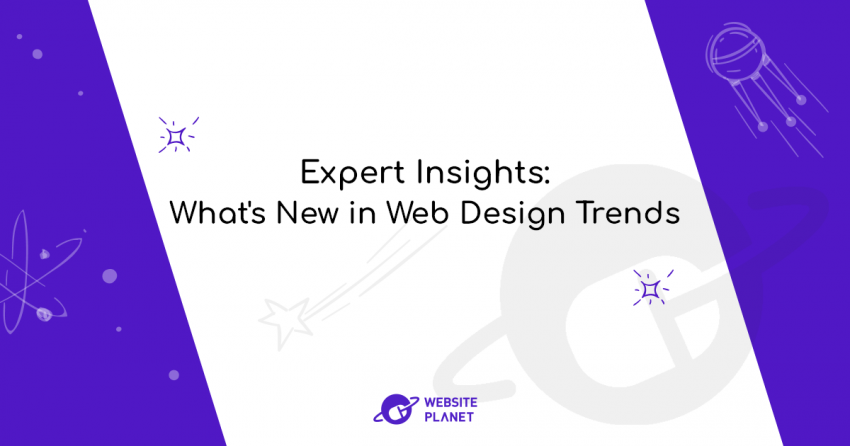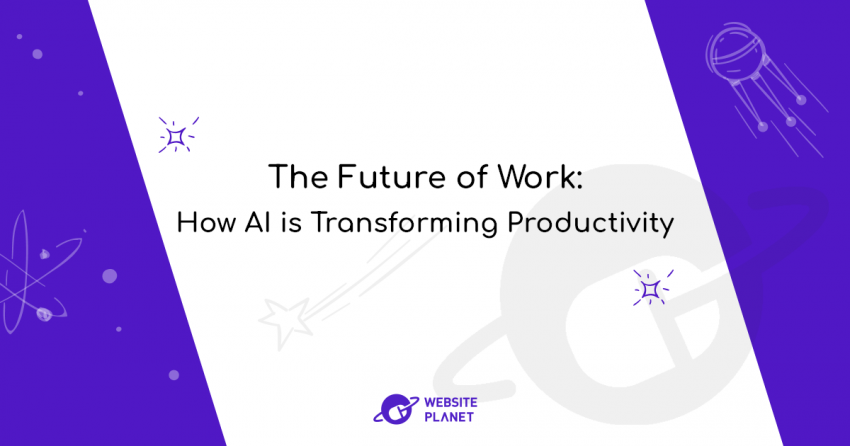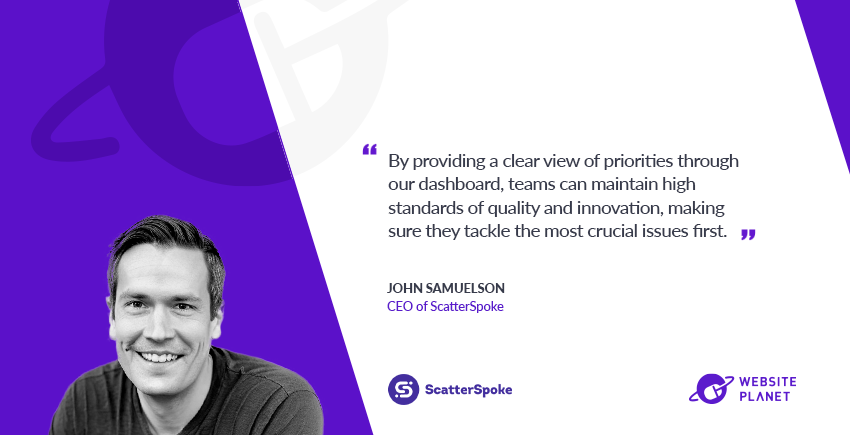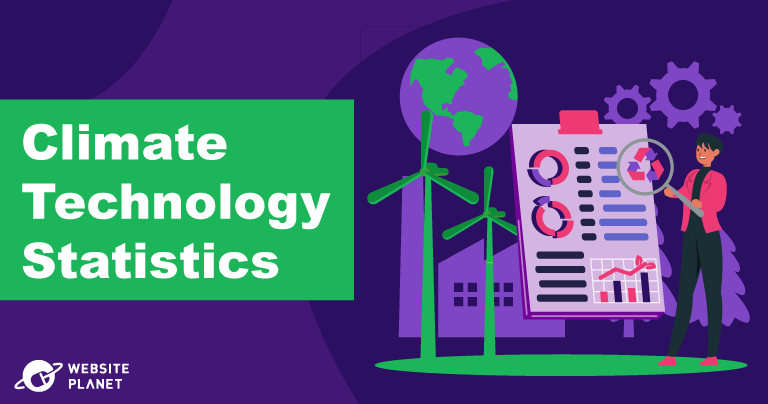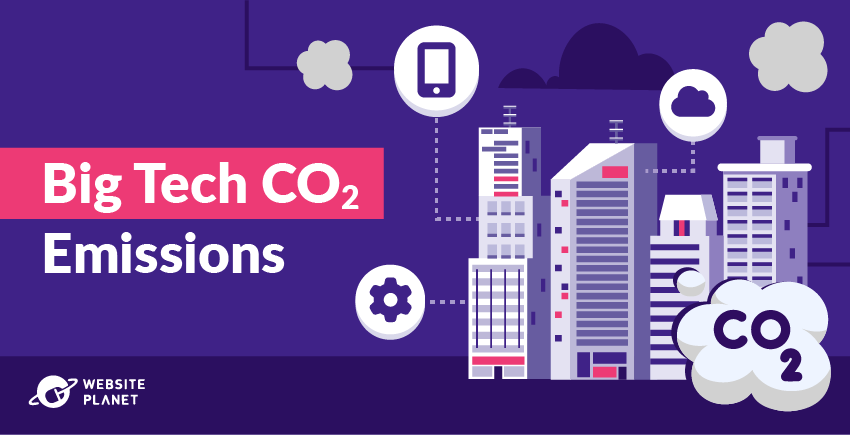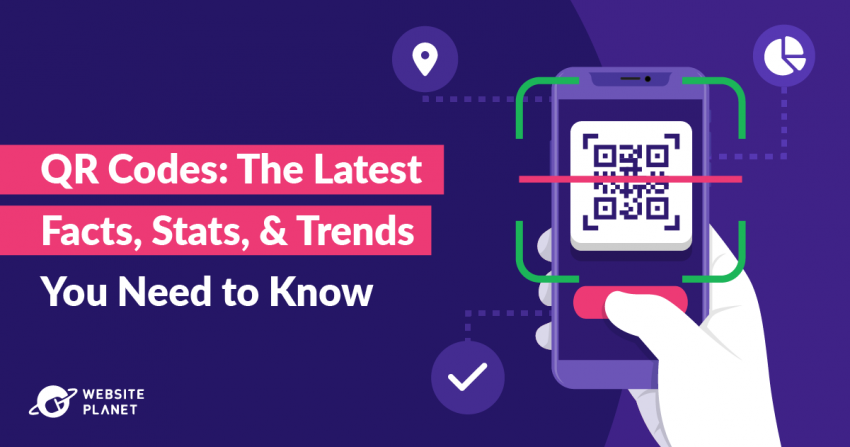Data is gold, because it provides insights into how effective your marketing initiatives are, and this allows you to optimize your campaign and improve its effectiveness.
Those using email marketing tools know that all too well, but nowadays data is the fuel driving the sales engines of every kind of marketing strategy, including influencer marketing.
In this interview with Michael Kuzminov, Chief Global Growth Officer of HypeFactory, we will better understand why data is crucial for all marketers in 2022, and what are the best ways to use it.
Please introduce HypeFactory to our audience. What’s your story and how has it evolved so far?
HypeFactory is an influencer marketing agency. We develop, launch and manage influencer marketing campaigns for big brands all over the world. But there is one thing that makes us unique: we are technology-driven. The agency has an internally developed self-service platform that is powered by AI algorithms. Our team uses it to comb social media for particular influencer profiles, depending on our client’s needs. This helps us launch hyper-targeted campaigns and deliver results even in the most complex markets.
Our focus on technology is not about following a trend. This is in our DNA. The agency’s mission is to make influencer marketing transparent and effective for everyone. Our main goal has always been to become a global agency that sets the standard for service quality.
What services do you offer and who is your main target market?
We are a full-cycle agency which means that we support our clients through all stages of the campaign cycle. We have account managers, marketers, designers, and many other departments. The whole team works on making sure that each campaign is successful.
As a full-cycle agency, we plan the campaign, align it with the client’s goals, set specific criteria for choosing influencers, find the right influencers and collaborate with them, supervise the implementation, and report on results and lessons learned. In other words, we see every campaign from start to finish.
When looking for influencers, we don’t focus on their general popularity but instead, we start with the audience: Who is the client’s target audience? What influencers have the closest connection with this audience? Which of these influencers can deliver the best results? These are the questions we seek to answer. But we don’t rely on intuition or trends, we look into numbers and what they tell us. For every campaign, we use 55 metrics to find the best influencers in the database of more than 30 million social media profiles.
Doing this manually would require lots of resources and time. As a global agency serving large organizations, we don’t have that much time. We need to always be on top of the trends and ahead of the client’s competitors. That’s why we’ve automated many processes and integrated our internal tools with several analytics platforms. This helps us perform a reliable yet fast analysis.
We mostly work with clients in industries, such as gaming, e-commerce, technology, food delivery, financial services, and healthcare.
You are a strong advocate of data-driven marketing. Why is data so important in marketing?
I believe that nowadays if you want marketing to deliver results, you need to understand your audience, what they want, their preferences, behavior, and so on. But a mere understanding is not enough. You also need to build personalized communication with every potential and existing client. This all can be achieved with the right approach to data. That’s why we so strongly advocate for data-driven marketing.
If you’ve been in business for a few years already, your company probably has lots of data about your clients. If you set some time aside to structure this data, look into patterns and ask the right question, you’ll be able to predict consumer behavior, optimize campaigns, and maximize your budget.
What are the essential steps in a data-driven marketing strategy?
- Identify your target audience;
- Collect and analyze data about your target audience;
- Embrace marketing automation;
- Personalize your communication;
- Measure the effectiveness of your campaigns;
- Enhance customer experience.
And what are in your opinion the essential tools and technologies to leverage data in online marketing?
Although there are lots of tools available right now, there’s no one-size-fits-all solution. Everyone chooses technology based on their goals, requirements, experience, and budget.
For online marketing, there are a few resources that can help you get started. For example, Google tools, such as Google Keyword Planner or Google Trends. Crunchbase is also a very good tool. These are all external data sources. You can use them to find out what’s going on outside your organization.
But internal data is no less important. You need to have a robust CRM solution with socio-demographic data about your customers (e.g. location, gender, age), lead sources, sales data (reports, revenue, profitability, etc.), website analytics, and so on.
How do you envision the future of your industry?
We expect the influencer marketing industry to continue growing over the next two to three years. Brands will be looking for long-term collaborations with content creators, work on performance-based integrations, and experiment with different platforms and formats.
We also predict that the IM industry will keep expansion on the backbone of Web 3.0.
Lastly, any exciting news or developments that you would like to share?
Going back to our discussion of data-driven marketing, I would encourage you to check out our latest campaigns. We’ve launched several successful projects with Wuplo, a German fresh grocery online store, Vivid Money, a fintech company, and game development brands, such as Playkot, Plarium, and MY.GAMES.


